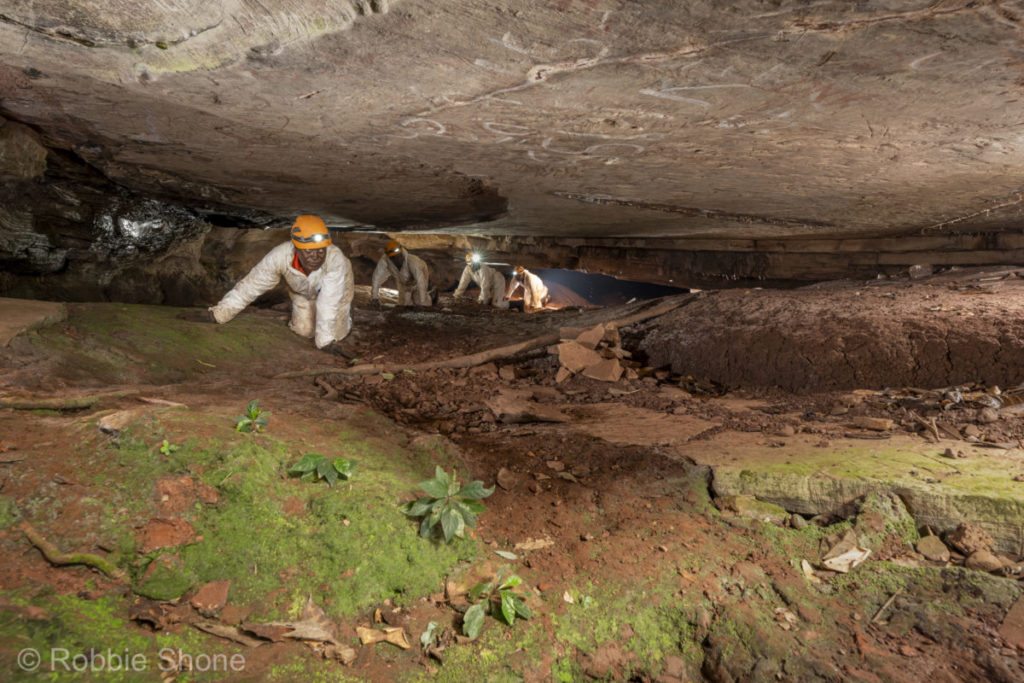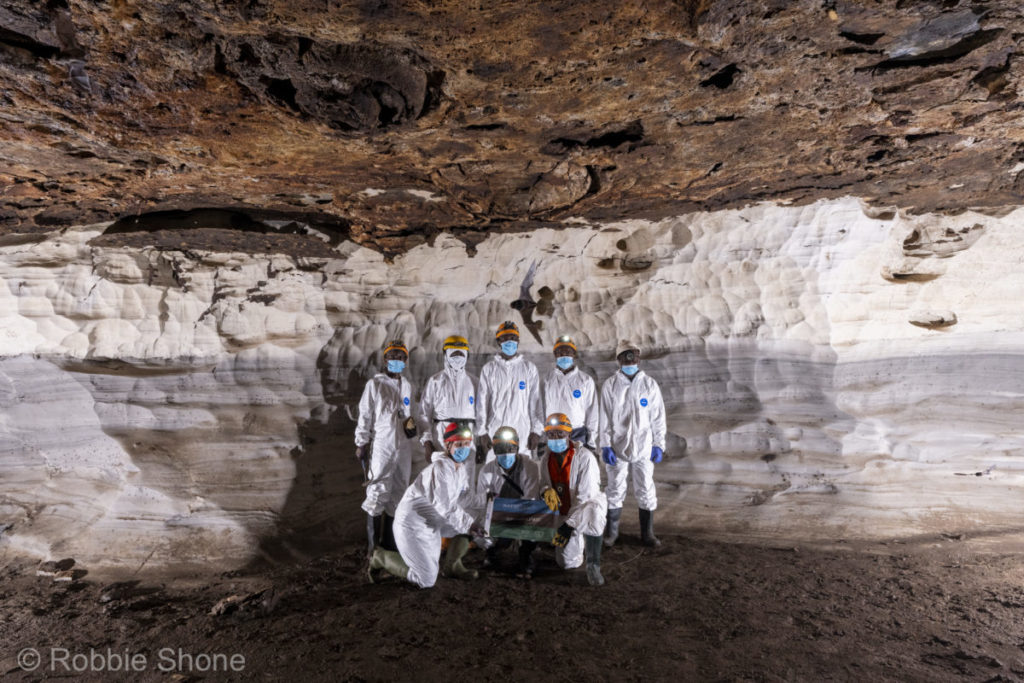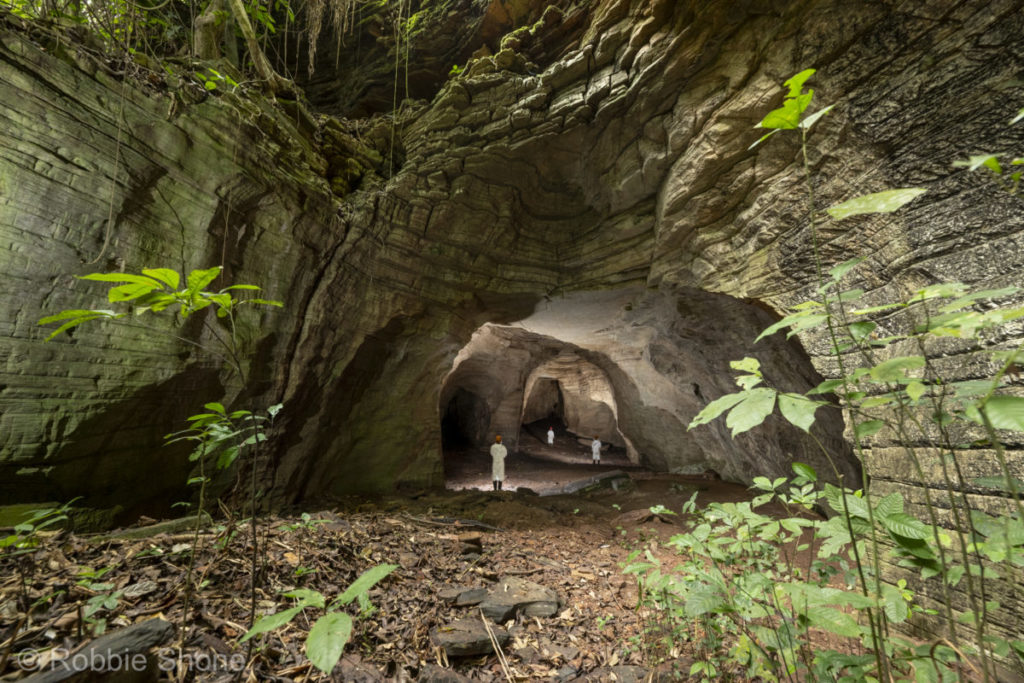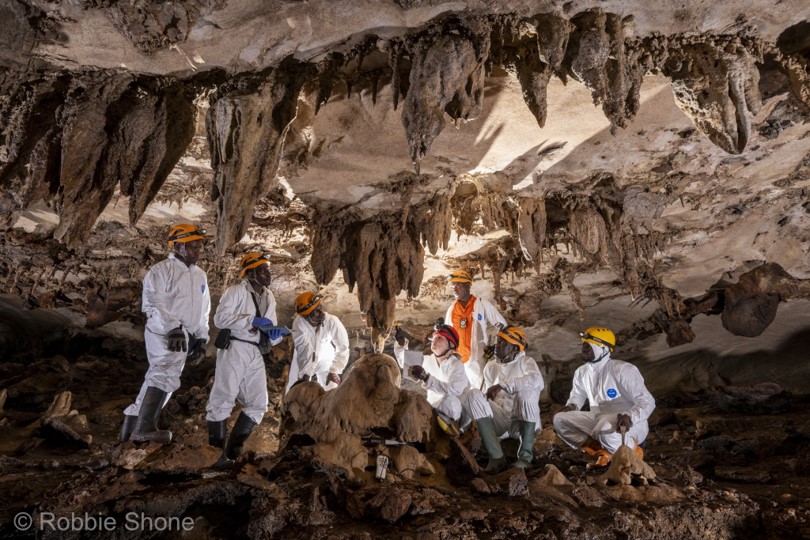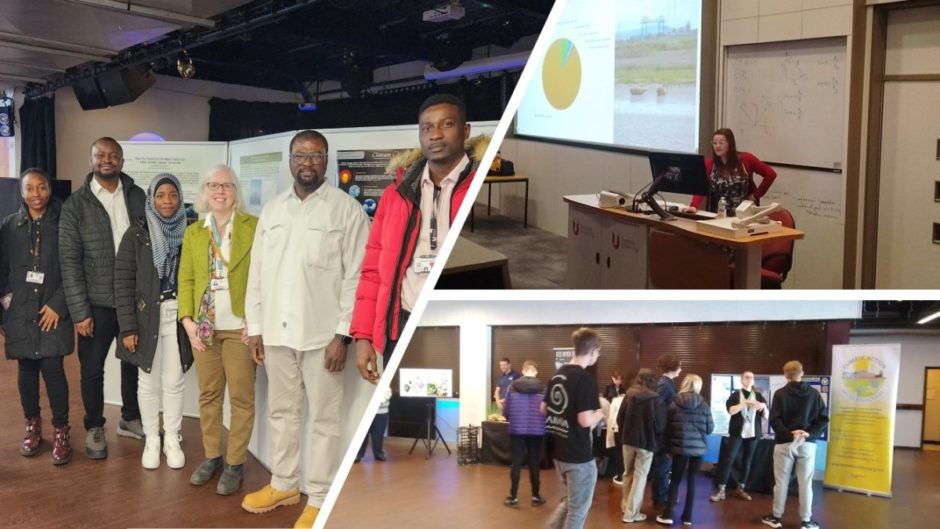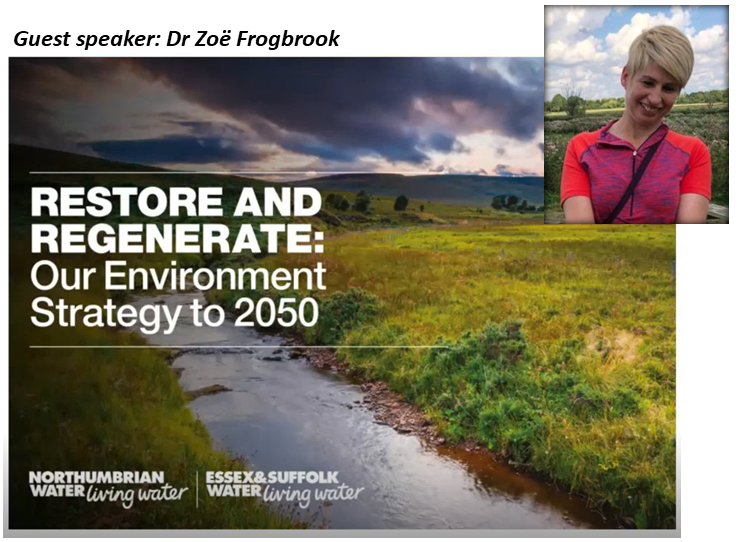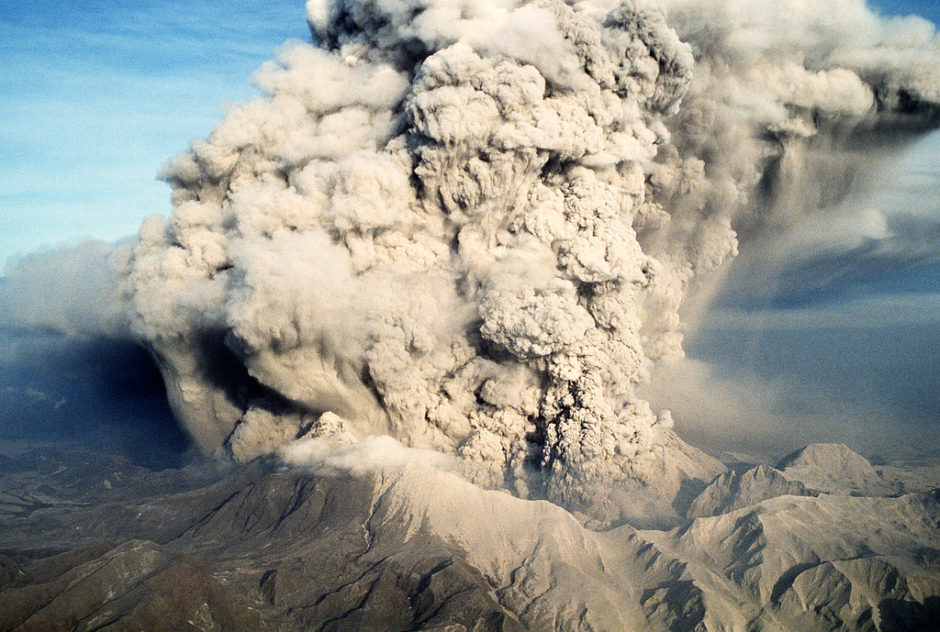Date of historic volcanic eruption wrong by 130 years?
New research involving Teesside University has found the eruption date of a historic volcano is wrong by 130 years and that this miscalculation could impact our understanding of climate change.
The study, published in leading journal Nature on Thursday, 6 July 2023, argues that the Laacher See volcanic eruption in Germany took place 12,880 years ago – 130 years after the date previously reported.
The eruption of the Laacher See volcano is one of central Europe’s largest eruptions over the past 100,000 years.
The research team believe that having the wrong date impacts the ability to evaluate natural climate change in the past, impacting how scientists predict future, human caused, climate change.
Dr Lisa Baldini, Senior Lecturer in Environmental Science in Teesside University’s School of Health & Life Sciences, who co-authored the study, said: “A correct age for this eruption is critical because the volcanic material that was deposited across Europe during the event is used to date numerous important sedimentary archives of past climates.
“Getting the date wrong will impact on our ability to evaluate the drivers of natural climate change in the past, which is critical for developing models that accurately predict future, human-caused, climate change.”
The research team, led by Durham University and including scientists from Teesside University, University of Oxford, Royal Holloway University of London, and SYSTEMIQ Ltd, suggest that the eruption date may have been compromised by volcanic carbon.
They argue that volcanoes outgas carbon dioxide from the underlying magma chamber, which filters through the soil and is absorbed by any vegetation, including trees. This magmatic carbon dioxide has no radiocarbon in it, because it is ancient carbon that has been in the ground for millions of years. Incorporation of this dead carbon into the tree will produce a date which will be too old.
Professor James Baldini, of Durham University, who led the study, said: “Our new study notes that the recent date for the eruption does not consider dead carbon which is emitted by the volcano and is absorbed by trees. Therefore, the trees used in the Reinig et al. were contaminated by this volcanic carbon, producing an age that was around 130 years too old.”
“This perspective is supported by the presence of a very large sulphur spike found in the Greenland ice sheet with all the characteristics of the Laacher See eruption, dated 130 years after the new Reinig et al. date.
“The eruption, therefore, is still a viable trigger for the Younger Dryas Event.”
The Laacher See volcanic eruption was similar in size to the cataclysmic Mt Pinatubo eruption in 1991 (pictured).
The ash resulting from the eruption is widely used as a time marker in sedimentary sequences across Europe, so the timing of the eruption affects the reported timing of environmental change as reconstructed from these European lake cores.



![BPIW2953[1]](https://blogs.tees.ac.uk/environment/files/2024/09/BPIW29531.jpg)
![IMG_4764[1]](https://blogs.tees.ac.uk/environment/files/2024/09/IMG_47641-768x1024.jpg)
![IMG_4786[1]](https://blogs.tees.ac.uk/environment/files/2024/09/IMG_47861-1.jpg)
